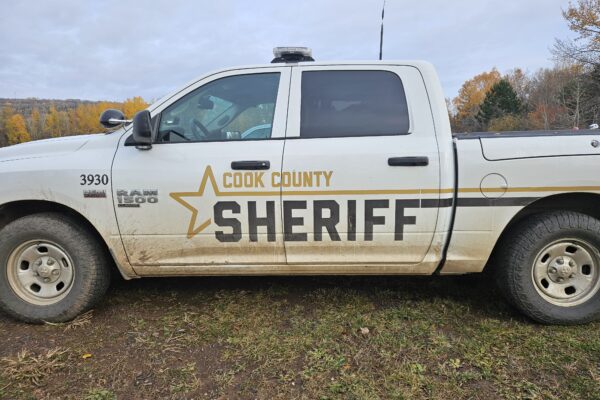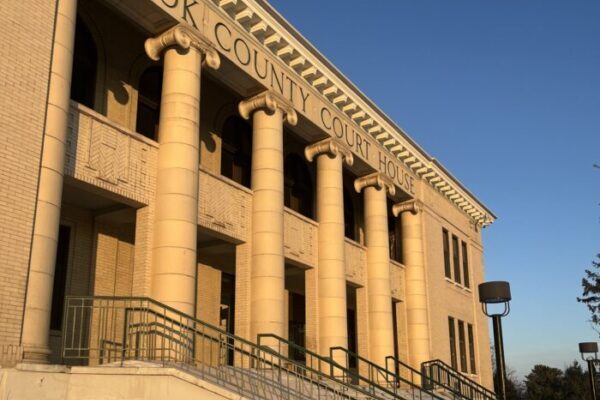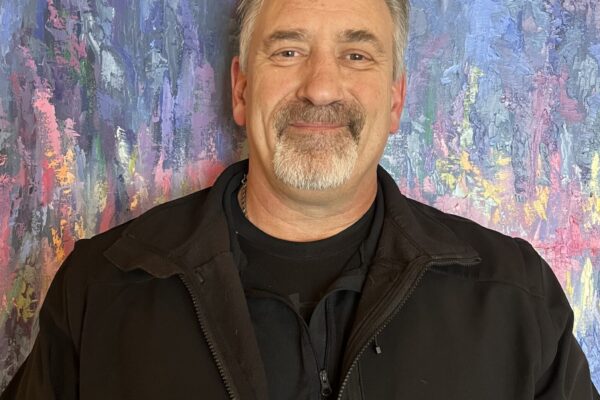Cook County to consider eliminating SGSDs for private road maintenance
The Cook County Board of Commissioners plans to discuss the discontinuation of Subordinate Government Service Districts (SGSD).
At the Aug. 19 Committee of the Whole (COW) meeting, commissioners heard from the Highway Department about the current policy, and why that department is advocating for SGSDs to be eliminated.
SGSDs, according to the Cook County website, “provide a mechanism for residents/owners of private roadways to maintain their road and to spread the cost equitably amongst the residents/owners of the roadway when a homeowners association is not in place or when the association is unable to cohesively and equitably maintain the private roadway.”
Highway Engineer Robbie Kimmel-Hass told the commissioners that Cook County is the only one of Minnesota’s 87 counties to allow SGSDs. “There are plenty of other rural counties with just as much gravel or even more than we have,” Kimmel-Hass said. “We’re the only one that does this. And so to me, that kind of sticks out too like a sore thumb.”
The practice in Cook County goes back to 1992, when the Highway Department first entered into agreements with some private road associations and property owners.
Under an SGSD, property owners pay an additional fee along with their property taxes, so the cost of maintaining the roads is covered by property owners, not by the general county levy. The monetary cost, however, is not the central point in the Highway Department’s case in favor of eliminating SGSDs. At the COW, Kimmel-Hass, Maintenance Superintendent Matt Nesheim, and Accountant Lisa Sorlie explained how the policy creates complications and an administrative burden for their department.
One of the difficulties in the policy, according to Auditor-Treasurer Braidy Powers, is defining the subordinate district. He said that over the years there have been more requests for county maintenance from property owners on roads that are less clearly defined, and that working out the borders of the SGSD has sometimes been a struggle. This has been exacerbated as new properties are developed and ownership changes.
Nesheim explained that some SGSDs include roads along National Forest Service or Department of Natural Resources land, which raises the question of jurisdiction, and whose responsibility it is to maintain and repair the roads. He said, “So it’s becomes a hot potato of whose problem is it? Is it the SGSD paying for the maintenance of the roadway, or is it the DNR or Forest Service?”
Another complication that the department navigates with SGSDs is the question of what to charge the property owners who are part of those districts, and how bidding for services work for the county. Sorlie said the fee land owners pay is based on estimates and averages from previous years, but that the actual cost of services like plowing can vary greatly year-to-year. She also explained that the county is obligated to take a low bid from contractors, whether the property owners are happy with the bid or not.
Additionally, in years when there has not been an initial bid, the department has had to issue a second request for bids, which drives up the actual price. Sorlie said arranging services is becoming increasingly difficult. She said, “From a practical standpoint, a real challenge that we’re looking at moving forward is that we are losing contractors who are willing to bid.”
The process for dissolving the current SGSDs is lengthy, and would take months to coordinate. Kimmel-Hass said they would take winter maintenance into account for any decisions made, and not make abrupt changes to plans for plowing. Additionally, the county will take the property tax and assement schedule into account when making any changes in policy.
If the county does opt to dissolve the SGSDs, it should not catch those who are currently part of one unawares. The commissioners indicated the intention to “over communicate,” as Commissioner Dave Mills put it. They said they would likely hold a public hearing and directly solicit comments from the residents who organize their SGSDs before making any decisions.














